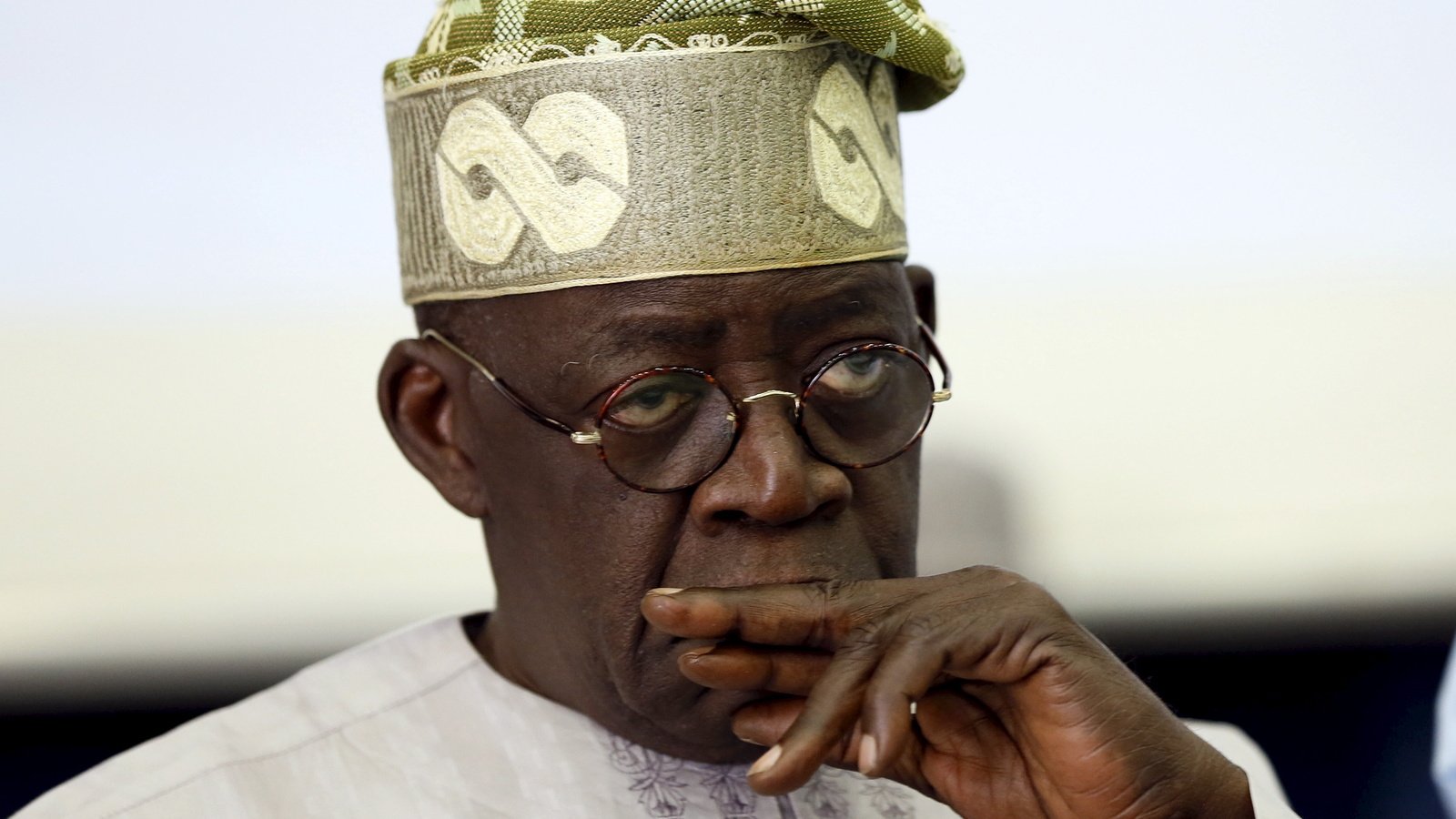SONALA OLUMHENSE FROM PUNCH
The President, Major General Muhammadu Buhari (retd), has again disclosed how much he looks forward to retiring to Daura, his hometown, next month.
Speaking to Catriona Laing, the former British High Commissioner to Nigeria who visited him at the presidential palace, he said, “I will be as far away from Abuja as possible.”
That is plain wishful dreaming. He may conveniently wish to be ‘far away from Abuja’ — a euphemism for bliss and peace — but his poor tenure in the power he craved so much and its aftermath, guarantee that it will be difficult for him to disinfect the stench of Abuja from his skin.
The following, then, are the top six reasons Buhari may leave Abuja but Abuja does not leave him.
#6: Perhaps the most obvious is the 2023 presidential election he has just superintended. Preceded by the sudden and stunningly mismanaged currency change that Buhari authored weeks just before the event — a contest the electoral commission itself had advertised as well-organised and well-funded — to be concluded with transparent, electronic, real-time transmission and collation of results, it was delivered with inexplicable irregularities, ending in an opaque and questionable count.
On the contrary, the 2015 election which brought Buhari to power was a symbol of credibility and popularity. That election ended with a congratulatory phone call from Mr Goodluck Jonathan, the unpopular leader Buhari defeated. That is what granted Buhari, as President-Elect, the respect of the world that would be reflected in dozens of world leaders attending his inauguration.
Buhari’s election, sadly, has produced a situation where the alleged ‘winner’ is begging to be recognised as he is being ridiculed around the world as much for his “victory” as for his character. Eerily absent is the public euphoria that characterised Buhari’s 2015 election.
The #5 reason is that Buhari has become the symbol of government mistrust. Three weeks after he took office in 2015, remember, he reiterated in the United States that he would restore trust in Nigeria governance, a subject he had hammered on during his campaign.
In June 2016, he penned in the Wall Street Journal, “The Three Changes Nigeria Needs,” an article I am sure he has since forgotten. The first of those “changes,” Buhari declared, was to “restore trust” in government by combating endemic corruption and mismanagement, as well as instituting accountable government and an efficient public sector.
Everyone outside the corridors of Buhari’s government in the past eight years would testify that he never delivered on that pledge; his government, preferring to invent fictitious success, invests in lies, and deploys propaganda.
Think about it: one of his ministers last week announced that he purchased a handful of fire trucks for N12bn; yet another of what I have called signs that Abuja is winding up. The Minister of Aviation, Hadi Sirika’s announcement has been met with popular outrage and incredulity. It is regarded as part of the “cleaning-up” by government officials on their way out of power.


